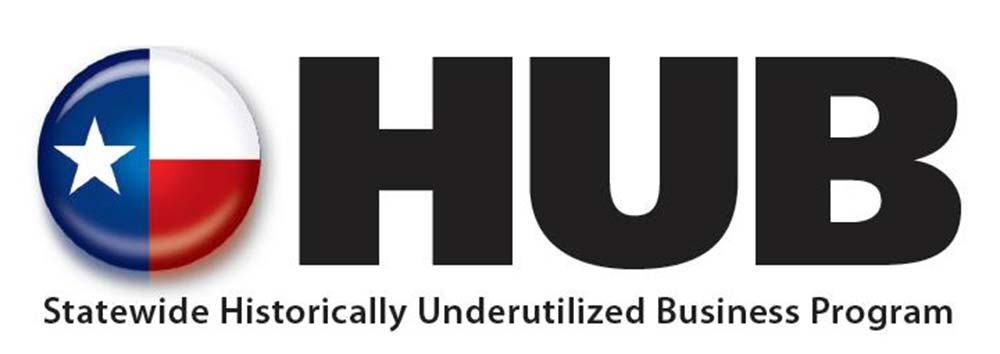Building Strong Supplier Relationships
When done correctly, negotiating with your suppliers can be a successful venture. If you start with a win-win mindset, both you, as the buyer and your vendor, can win.
Today, procurement is more than a cost-reduction department. Instead, it is the responsibility of procurement specialists to practice strategy and consultants. To become a leader in this profession, maintaining strategic relationships with suppliers assists with profitability and increases opportunities to deliver more than a product.
Procurement specialists are wise not to treat suppliers alike for many reasons. However, creating a team of professionals from key areas – procurement, the business unit, and suppliers- can drive value throughout the entire supply chain.
Here are steps procurement can take in leading this strategic relationship:
Ask your vendors to give you information to learn everything about the products and services you are purchasing. For example, study their components, the manufacturing process, the production time, and the total cost. As a result, you will build a decisive advantage to help your company reach its profitability goals.
Understand your business unit’s profitable objectives. Evaluate future trends, supply chain issues, or opportunities to leverage. Partner with your suppliers through strategic conversation to create solutions to problems or leverage opportunities.
Create supplier categories. Determine the value each supplier brings to your company. Examples of supplier categories can include:
Strategic Suppliers are premium partners: their service levels, quality of products or services, and fair costs. By sharing information and working with these suppliers closely, you can solve challenges together.
Volume Suppliers offer products or services that you can substitute but require a large order purchase. You can use “volume” suppliers if your “strategic” suppliers cannot meet your needs.
On-Demand Suppliers provide products that are available at a low dollar volume. These suppliers work best with re-occurring orders.
Collaborate with other members of your team. If you take the steps above, you can demonstrate your knowledge to your team members and support their procurement efforts.
Taking the lead as a procurement specialist gives you a focus on improving company success and procurement performance. Engage your suppliers and peers to collect the best practices to bring value through the supply chain.














